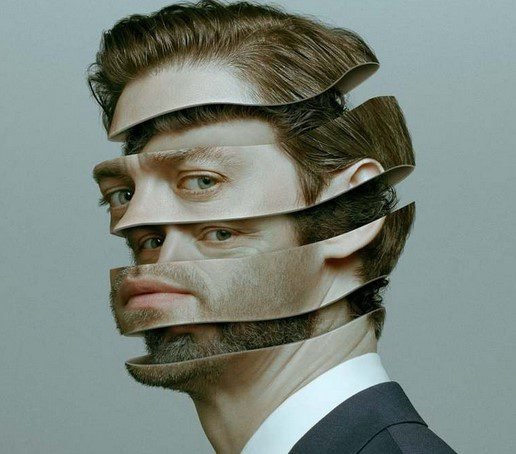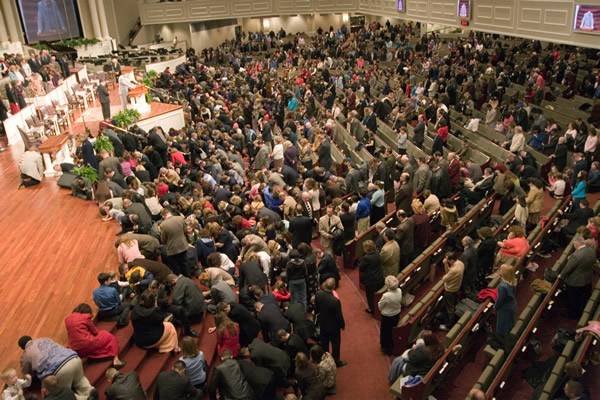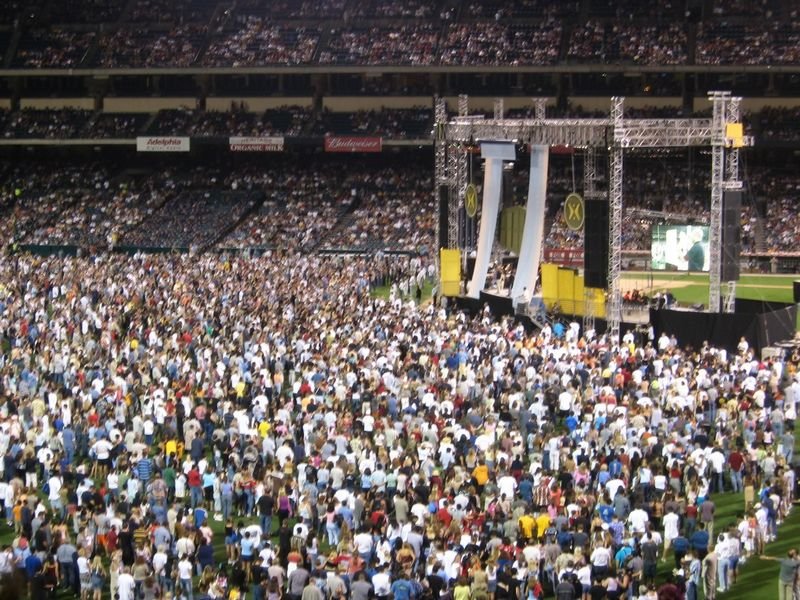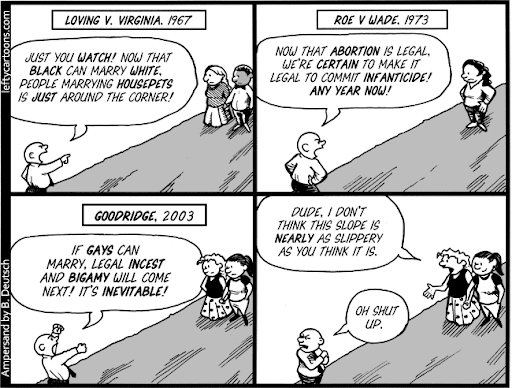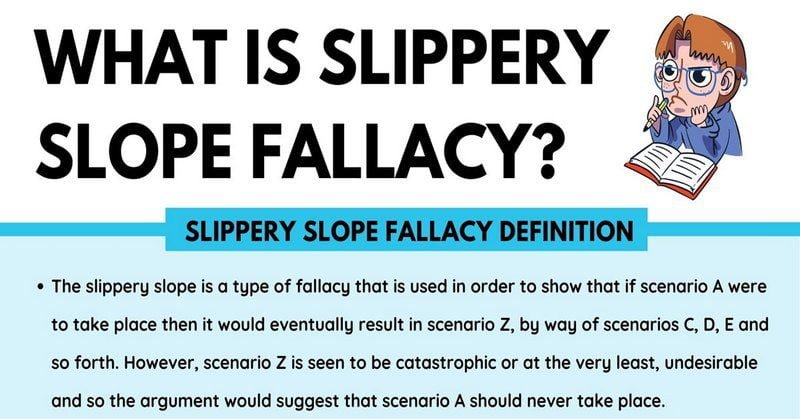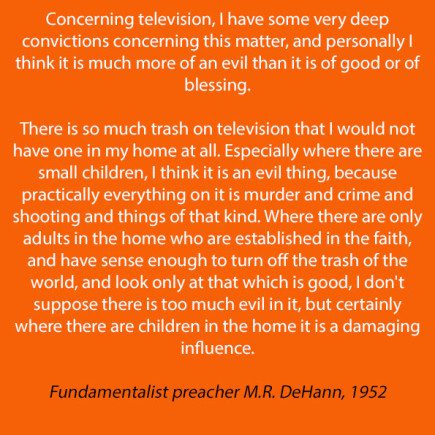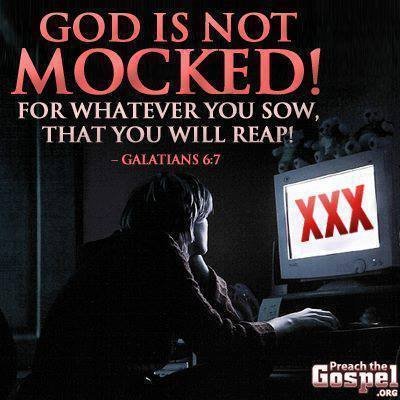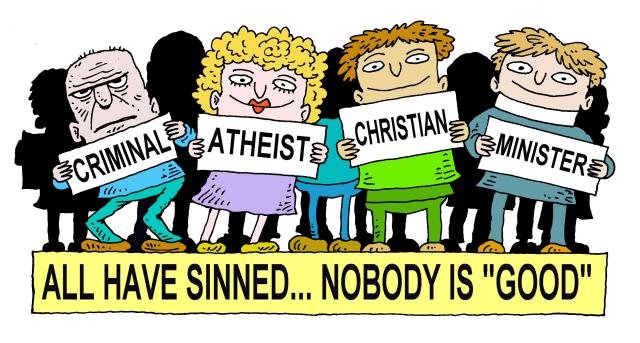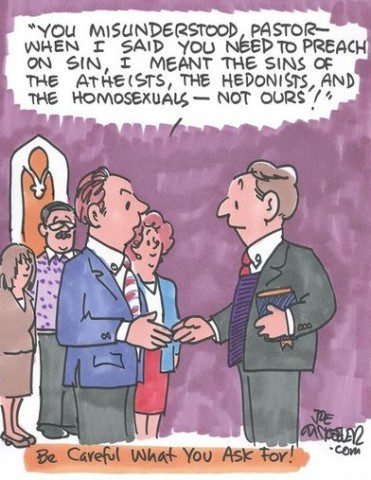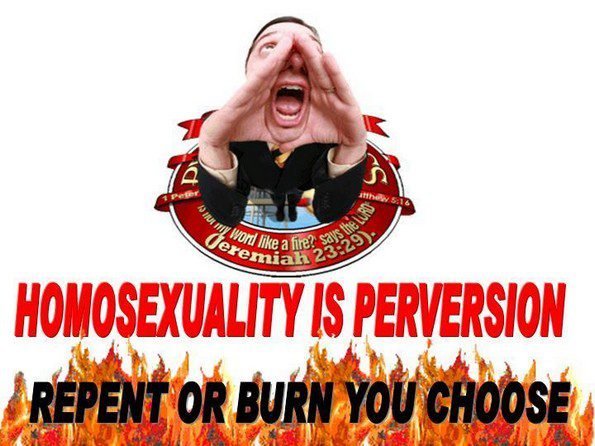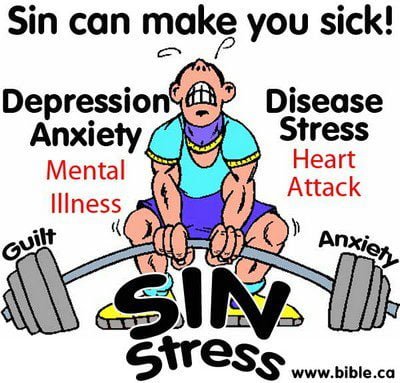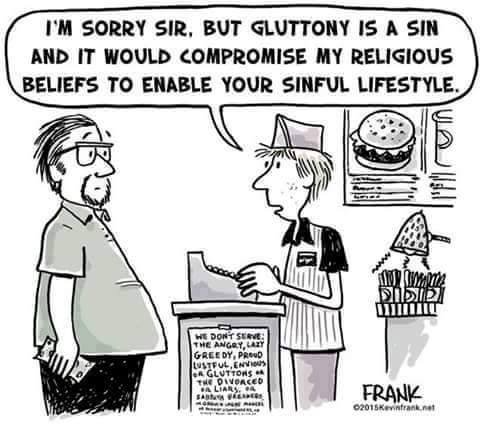
Commenting on Evangelical Pastor Robert Morris’s arrest on five counts of “lewd or indecent acts to a child,” a Christian counselor said:
It’s not the type of sin nor the amount of sin that’s the issue, but the *fact* of sin. God’s children commit 100 instances of sin daily whether they realize it or not. The problem is that in the minds of a lot of people, some sins are more respectable than others, and some are more deplorable than others, based not on how it offends a Holy God but how it negatively impacts other people … My daily sin is as offensive to God as Morris’s.
This counselor believes that, in God’s eyes, all sins are the same; that every sin is offensive to God. In other words, if you walk down the produce aisle of the local grocery store, stop at the grapes, and eat a handful without paying for them, you are stealing. In God’s eyes, and the eyes of many Evangelical Christians, you are just as sinful, just as guilty, as a pastor who sexually molested children.
The practice of viewing all sins the same way is called sin-leveling — a belief held in many Evangelical churches that is used to minimize serious “sins” such as sexually molesting children, sodomizing church boys, raping church teens, and sleeping with a parishoner. Christian Post reporter Jennifer Michelle Greenberg, aghast after reading the counselor’s comment, wrote:
Now, I have no idea how this counselor spends his time (and I’m not sure I want to know), but the idea that all sins are equally deplorable to God is a tenet of spiritual abuse.
On the one hand, the smallest, most mundane sin separates us from God. He is utterly and unimaginably holy. He is perfectly just and good. Jesus died for the sin of the child who stole candy from the grocery store, but that does not mean God considers the child to be as evil as a child predator.
You would think this would be common sense. Even unbelievers and complete pagans instinctively know that sin exists on a spectrum of severity.
A poor person who steals a loaf of bread does not deserve the same punishment as a bank robber. A person who cusses in traffic is not as deeply sunk into Hell as a serial killer.
And yet, this Christian counselor wants us to believe that on a daily basis, you and I commit sins just as repugnant to God as the sexual abuse of children.
Unfortunately, this tactic of sin-leveling — this false doctrine that all sins are equally heinous — is prevalent in abusive churches and theological circles. In order to shame victims into forgiving their abusers and not reporting crimes, they point out that the victim is just as evil as their abuser, and therefore the victim should not point fingers or accuse. In order to manipulate witnesses into keeping quiet, they remind them that they’re just as depraved as a sexual predator and claim that real Christians “extend grace” and “don’t gossip.”
According to the Bible, we all sin in thought, word, and deed. This counselor would have us believe that all sins are the same; that rape and murder are the same as petty theft and going fifteen miles over the speed limit in the eyes of God.
Have you ever wondered why preachers who commit serious crimes often end up back in the ministry a year or so after they are released from prison? Sin-leveling and unconditional love and forgiveness are the primary reasons criminal preachers end up restored to the ministry. Bro. Joe, the pastor of First Church of the Rightous Baptists, spends five years in prison for sexually molesting a church boy. After release from prison, Joe gets a hankering to preach again. He goes on a restoration tour, convincing his fellow preachers and churches alike that he is a changed man (with no thought given to the boy he raped); that he promises to never, ever molest children again. Good to go, right? For many people, the answer is HELL NO! This preacher has no business pastoring churches or being around children again. Yet, for Evangelicals who think all sins are the same, this preacher should be unconditionally loved and forgiven; that if God has forgiven him, so should everyone else. It’s what Jesus would have us do, right? As a result, scores of American churches are pastored by or have staff members who have been convicted of sex crimes. Sometimes, churches don’t know about their pastor’s criminal past. In other instances, churches know about their pastor’s past crimes, but, thinking they are offering a penitent sinner love, grace, and forgiveness, churches give rapists, child molesters, and abusers a new start in life. Who are they to stand in the way of what God is doing in the life of their pastor? Or so their thinking goes, anyway.
If you ever attend an Evangelical church again, look at the so-called man of God who stands before you and ask yourself if you should trust him. What do you really know about him? What do you know about his past? Ask yourself the same questions about the church’s assistant pastor, youth pastor, Sunday school teachers, children’s church workers, nursery workers, and anyone else who has contact with you and your children.
Sadly, well-meaning church members think they “know” their pastors and staff members, when, in fact, they don’t. Pastors often present to congregants a well-manicured, scripted version of their lives. Past criminal behavior is “under the blood.” Jesus forgives past sins, and if he wipes the offender’s slate clean, how dare people still hold them accountable for their “sins.”
Love and forgiveness are laudable goals. However, blindly loving and forgiving people can and does lead to awful consequences. Common sense suggests that some sins are worse than others and often cause greater harm. Common sense tells us that we should protect children and vulnerable adults at all costs. Yet, because of a warped understanding of human nature, many Evangelicals are willing to give preachers who commit sex crimes a second chance. This is why I advise parents to never let their children out of their sight when attending church. Just because someone is a preacher or church staff member doesn’t mean they can be trusted with children.
Suppose Betty Jo, a Godly woman and member of Holier Than the Methodists Baptist Church for thirty years, is appointed treasurer of the church. Unbeknownst to the church, Betty Jo has a severe debt problem due to her husband gambling away their money. Over time, Betty Jo steals money from the church, paying her bills with the proceeds of her criminal behavior. Eventually, the church finds out about Betty Jo’s theft. The church has two choices: prosecute Betty Jo or forgive her for stealing from them. The church congregation decides to forgive Betty Jo. Three years later, the church needs a new treasurer, and Deacon Bob suggests hiring Betty Jo again. What? It’s one thing to forgive Betty Jo, but should she be given access to the church’s money again? Common sense says, absolutely not. Unfortunately, unconditional love and forgiveness often get in the way of common sense. Betty Jo should never be permitted to touch the church’s funds. She forfeited that right when she stole the church’s money. So it is with criminal preachers, especially those who commit sex crimes or have illicit sexual relationships with vulnerable church members.
Some “sins” disqualify men and women from the ministry. This used to be a commonly held belief, but no longer. It seems no sin is beyond the forgiveness of gullible churches. Remember this the next time you take or drop off your innocent children at the local Baptist church.
Bruce Gerencser, 68, lives in rural Northwest Ohio with his wife of 47 years. He and his wife have six grown children and sixteen grandchildren. Bruce pastored Evangelical churches for twenty-five years in Ohio, Texas, and Michigan. Bruce left the ministry in 2005, and in 2008 he left Christianity. Bruce is now a humanist and an atheist.
Your comments are welcome and appreciated. All first-time comments are moderated. Please read the commenting rules before commenting.
You can email Bruce via the Contact Form.

